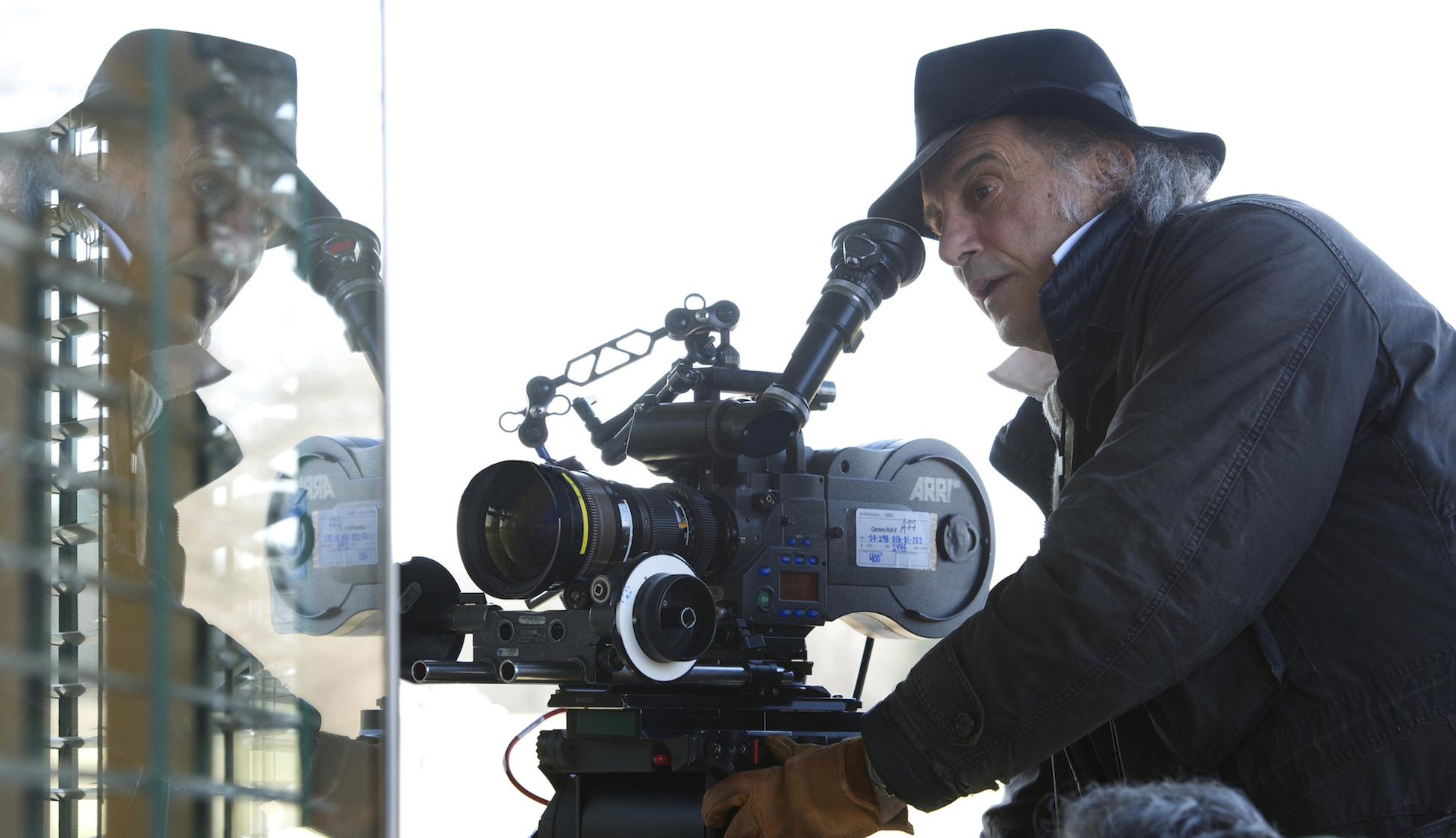Already a recent honoree of the American Society of Cinematographers and the Telluride Film Festival, the cinematographer Edward Lachman (“Wonderstruck,” “Carol“) received a tribute ceremony at Cannes on Friday. “I’m waiting for the afterlife achievement award,” he joked when we met on Friday at a beachfront pavilion hours before the event.
It may not have been his first tribute, but cinematographer, 72, clad in his trademark black hat, showed no signs of tiring when it came to sharing thoughts on his craft or his teachers, who go beyond the world of cinematography.
He began with the photographer Robert Frank. He was “the first image maker that got me interested in images,” Lachman said. “To look at ‘The Americans,’ I realized that here were documented images that he imbued with a certain subjectivity and poetics, in the language and also the visual metaphors and how he represented what he saw.” His other formative influences included the writer Dwight Macdonald, with whom he took a course at Harvard, and Vittorio De Sica’s movie “Umberto D.,” which taught him how a film could be constructed primarily with images, not sound.
Then there are other cinematographers: Vittorio Storaro, Robby Müller (whom he worked with on Wim Wenders’s “The American Friend” and Peter Bogdanovich’s “They All Laughed”), and Sven Nykvist (with whom he collaborated on “King of the Gypsies” and “Hurricane”).
“Sven could remember every shot—how he did it—and I could talk to him about Bergman films all day,” Lachman said. Lachman remembered working with Jean-Luc Godard on a visual scenario for the 1982 film “Passion.” “Godard always gives you the impression he has no idea what he wants to do, and he sucks everything out of you,” Lachman said of the experience.
Lachman was critical of how digital cinematography has changed his profession, both in terms of how movies are shot and how they’re perceived. “They always say the digital world should look like film, but I never hear the film world should look digital,” he said.
He laments what he calls the “machismo” that has crept into cinematography thanks to digital cameras. “Now everything is dark because now people see what they can do and still have an image,” he said. “If you ever heard Gordon Willis, considered the prince of darkness, he always said he had a highlight, a midtone, and darkness. If you don’t do something like that and the whole film is in this darkness, your eye tires.”
He added, “It’s like if you use one color in a scene, you eventually don’t see that color anymore.”
He accepts that most cinematographers engage in digital manipulation to some degree; he even points to a celebrated sequence in one of his own films: the moment early in “Erin Brockovich” when it appears that Julia Roberts has been struck by a car.
Still, he suggests that what falls under the banner of “cinematography” is changing. “How do we judge a cinematographer’s work?” he asked. “Do we judge it out of a camera or out of a computer?”
Pointing out that the Oscars used to give separate awards for black-and-white and color cinematography, he suggested that the Academy now ought to separate films by budget. “If we put a budget, like say $15 million and below and $15 million and above, there’s only so much digital animation you can do,” he said.
Lachman has been forthright about his preference for film over digital in recent years. “When I’ve looked at my own films, let’s say ‘Far From Heaven'”—one of four features, along with the HBO miniseries “Mildred Pierce,” that he has made with Todd Haynes—”and I look at it on a DVD and then I look at it on a 4K, I prefer the DVD, because the DVD is lower resolution and it feels more like a film,” he said. “When I look at it in 4K, it looks like I shot it digitally.” Digital makes everything look sharp, he noted, and the way it renders colors compared to film causes the image to have less depth.
But Lachman said he has been fortunate to have his work largely seen the way he’s wanted. “I just reauthorized George Sluizer’s film ‘Dark Blood,'” he said; the movie was finished years after the death of River Phoenix. “That’s going to come out in a box set. I went to Amsterdam on my own nickel and did a transfer. So I’ve gone out of my way to get involved so far with any film that I had worked on.”
A fixture at New York repertory houses and on the film festival circuit, Lachman says that he’s always learning through others. “What we do in our work is always evolving,” he said. “I’m not content to just look back. I’m always trying to look forward at what’s around me.”












